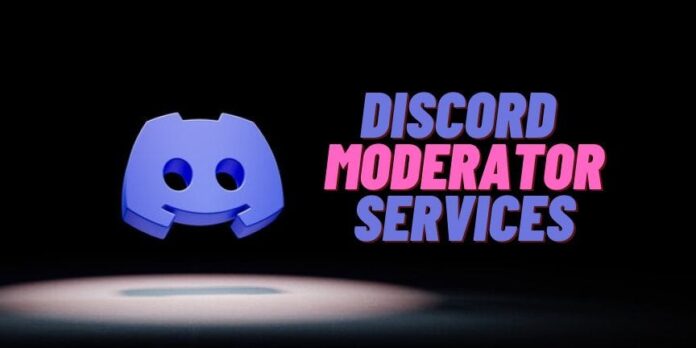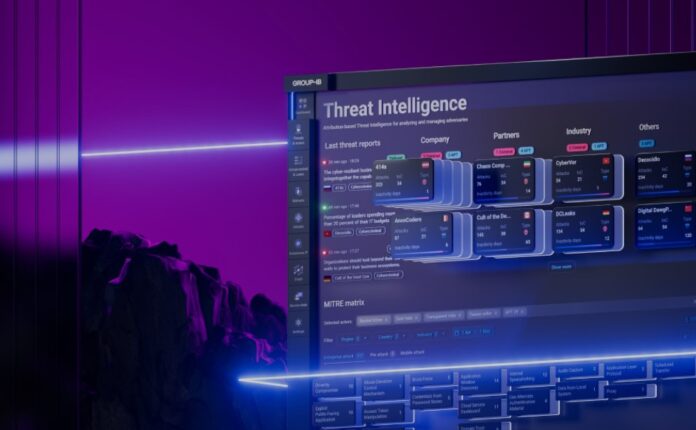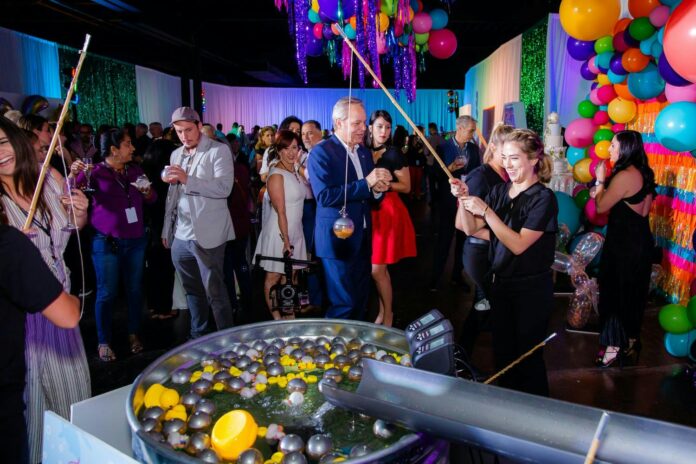Managing big Discord communities demands a strategic approach to moderation. With hundreds or thousands of members, the task of keeping the environment safe, engaging, and organized becomes complex. This comprehensive guide will walk you through essential tips and practices for effective moderation in large Discord communities.
The Role of a Moderator in Discord

In Discord, moderators are the linchpins holding the community together. They aren’t just rule enforcers; they shape the culture of the server, engage members, and make critical decisions to foster a positive environment. Understanding the multifaceted role of a moderator is crucial. They are responsible for not only managing day-to-day activities but also for setting the tone of conversations, ensuring that discussions remain respectful and within the boundaries of the server’s rules. A good moderator is not only an enforcer but also a role model, embodying the values and ethos of the community they oversee.
Establishing Clear Rules and Guidelines
The first step to effective moderation is to establish clear, concise rules and guidelines. These rules should cover expected behavior, prohibited actions, and the consequences of breaking these guidelines. It’s vital to ensure that these rules are easily accessible to all members, ideally pinned or in a dedicated channel. This transparency helps in creating an environment where members feel secure and aware of what is expected of them. Furthermore, it aids moderators in maintaining consistency in their decisions, as they have a clear framework to refer to when addressing issues within the community. Learn more about managing communities and setting clear rules and guidelines.
Setting Up an Effective Moderation Team
No single moderator can effectively manage a large community. Building a team with diverse perspectives and strengths is essential. Ensure that your moderation team is well-versed in the community’s rules and shares a common vision for the server. Regular meetings and clear communication channels among moderators are also crucial. This not only helps in distributing the workload but also in bringing various viewpoints to the table, which is crucial for fair and balanced moderation. A diverse team can better understand and cater to the different segments of your community, ensuring that all members feel represented and heard.
Utilizing Bots and Automation Tools

Leveraging bots and automation tools can significantly reduce the workload of manual moderation. Bots can handle tasks like welcoming new members, filtering out spam and inappropriate content, and enforcing certain aspects of the community rules. Choose bots that align with your community’s needs and customize them accordingly. Automation not only streamlines moderation tasks but also provides a consistent experience for community members. These tools can also be configured to provide real-time alerts for potential issues, allowing moderators to intervene promptly and effectively.
Fostering a Positive Community Culture
Creating a positive community culture is essential for the longevity and success of a Discord server. This involves more than just enforcing rules; it’s about cultivating an environment where members feel valued and engaged. Moderators should take an active role in fostering positive interactions, recognizing and rewarding constructive behavior, and setting a standard for communication within the server. Encourage community events, discussions, and activities that align with the interests of your members. A positive culture not only attracts new members but also retains existing ones, as they feel part of a welcoming and vibrant community.
Regularly Reviewing and Updating Guidelines
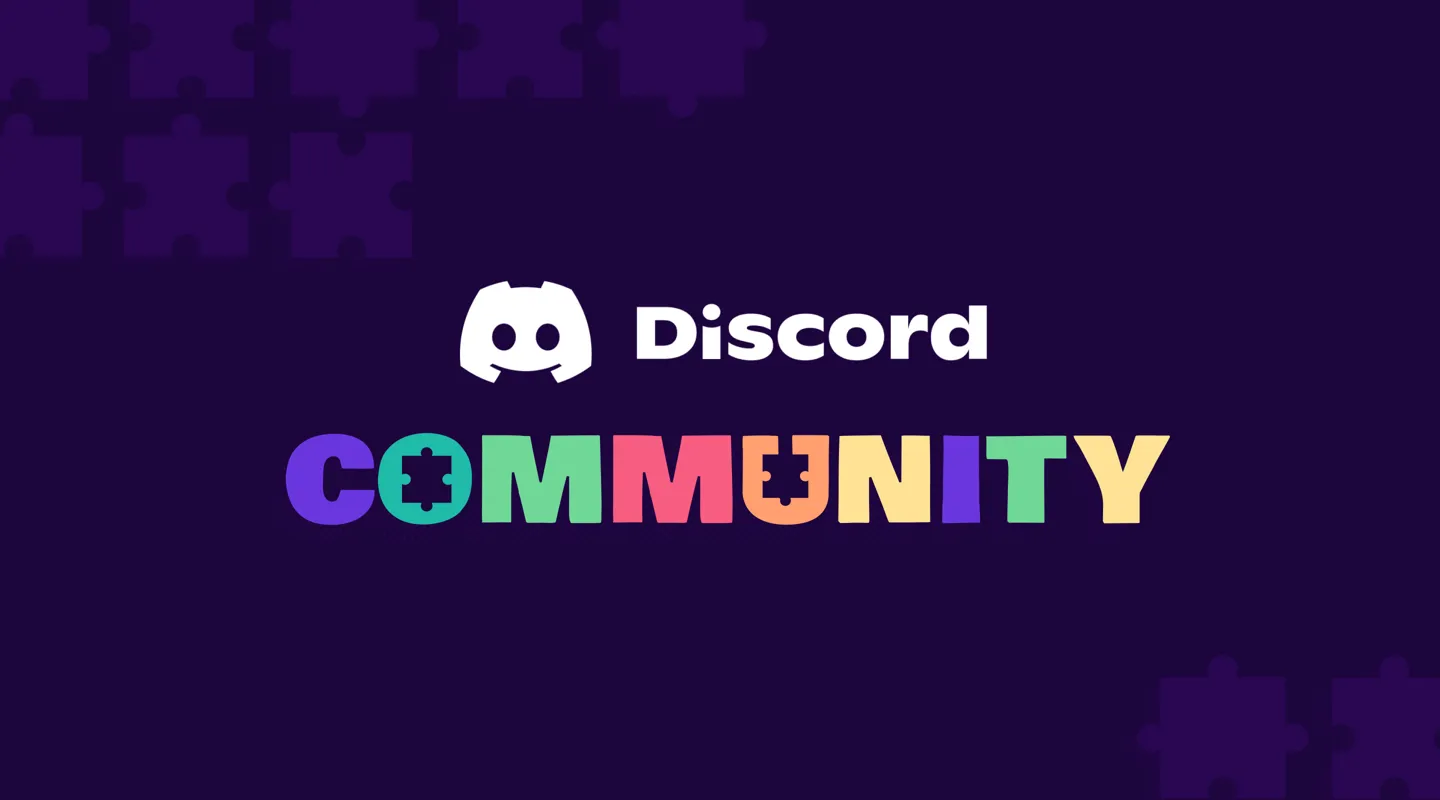
As your Discord community grows and evolves, so should your guidelines. Regularly reviewing and updating the rules ensures they remain relevant and effective. This process should consider feedback from the community and observations from the moderation team. Changes in Discord’s features or policy updates should also be reflected in your guidelines. Keeping your rules current demonstrates to the community that the moderators are actively engaged and committed to the server’s well-being.
Training and Supporting Moderators
Effective moderation is a skill that can be developed with proper training and support. Providing resources and training for your moderation team is crucial in maintaining a high standard of moderation. This includes educating them on the latest Discord features, best practices in community management, and strategies for handling complex situations. Equally important is supporting your moderators’ well-being, as managing a large community can be demanding. Encourage open communication within the team and provide them with the necessary tools and authority to perform their duties effectively.
Engaging with the Community
A moderator’s role isn’t solely about oversight; engagement with the community is just as important. Active participation by moderators can significantly enhance the community experience. This involves joining conversations, listening to member feedback, and being approachable. Engaging with the community helps build trust and respect, making moderation efforts more effective. It also provides moderators with a better understanding of the community’s dynamics, which is invaluable in making informed decisions.
Implementing a Tiered Moderation System
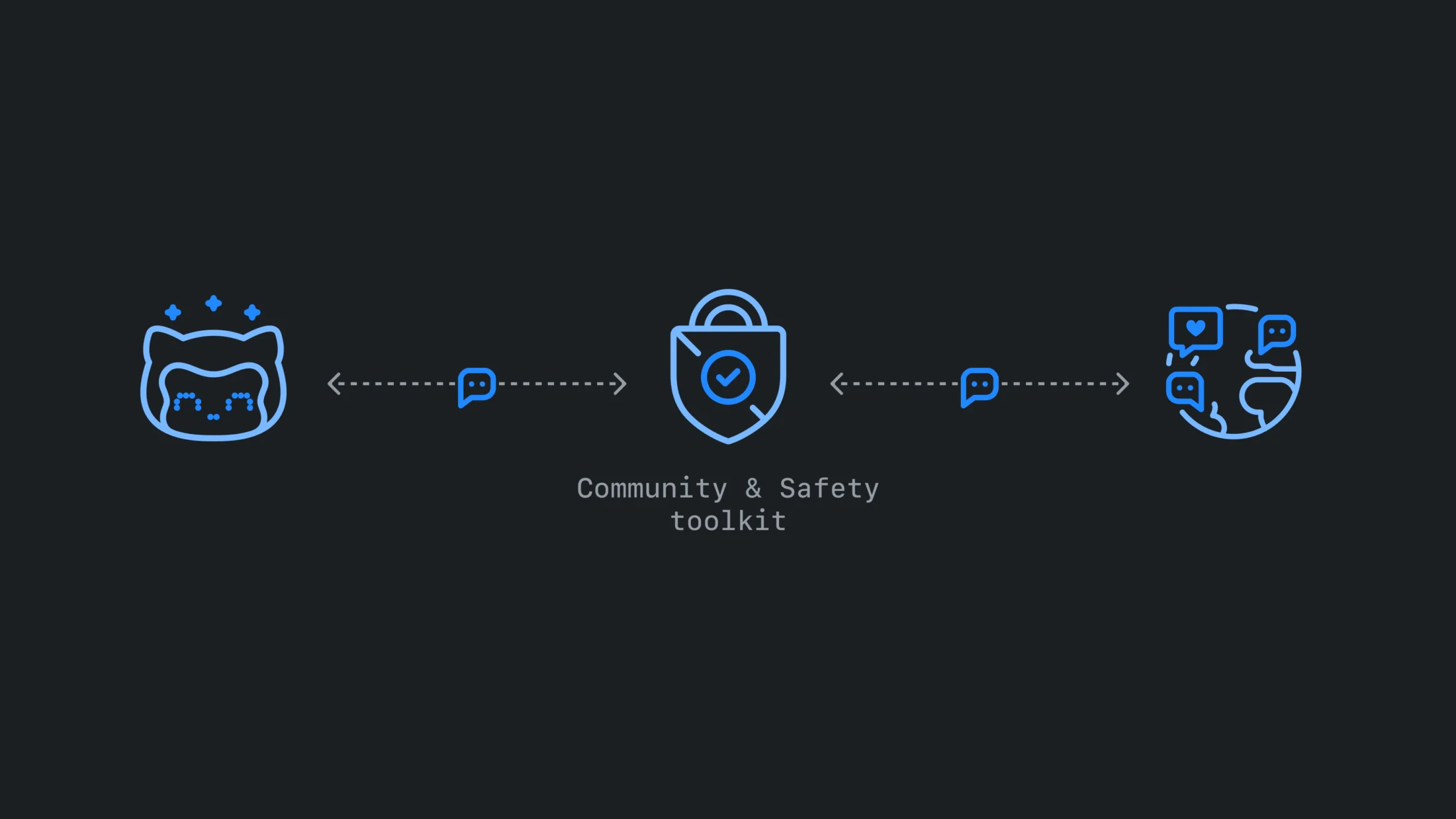
For very large communities, a tiered system of moderation can be effective. This involves having different levels of moderators, each with specific roles and responsibilities. Lower tiers might handle day-to-day moderation tasks, while higher tiers deal with more complex issues and overall community strategy. This system ensures efficient allocation of resources and helps in managing the workload effectively. It also provides a clear structure for moderators, aiding in better coordination and decision-making.
Balancing Automation with Human Touch

While automation is a valuable tool in managing large communities, it’s important to balance this with a human touch. Automated systems can handle routine tasks efficiently, but they cannot fully replace the nuanced understanding and empathy of a human moderator. Striking the right balance is key; use automation to handle high-volume, repetitive tasks while reserving human moderators for situations that require judgment, empathy, and a deeper understanding of the community context.
Conclusion
Managing a big Discord community effectively requires a thoughtful blend of clear guidelines, a dedicated and diverse moderation team, the use of automation tools, and a commitment to fostering a positive community culture. Regular review and adaptation of strategies, coupled with active community engagement and a structured approach to conflict resolution, are crucial.

